 Google Summer of Code 2024
Google Summer of Code 2024
Introduction
In 2024 HumanAI plans to participate in the program as a GSoC umbrella organization. The HumanAI organization will broaden student participation in machine learning projects over a wide variety of arts and humanities fields. HumanAI participants will be mentored by domain experts and artists at top research universities and laboratories on research projects at the cutting edge of arts and humanities. Projects span a wide range of domains, including arts, music, languages, history, choreography, theatre, literature etc.
For Students
In 2024 GSoC students work with their mentors to produce open-source codes that apply machine learning solutions to art and humanities. Projects span three evaluation periods that allow for students and mentors to collaborate on their project and evaluate student progress. Detailed rules for the GSOC program can be found here. Interested students should look at the ideas page and contact the mentors. Candidates will be asked to complete an evaluation test for each project they apply to demonstrate the skills needed for the respective projects. In the next step, students will produce a proposal which will be evaluated for final student selection.
Proposals need to be submitted via GSoC portal by April 2
Please see the official GSoC Timeline
Projects in 2024
 |
The ArtExtract project aims at using artificial intelligence in combination with multi-spectral imaging techniques to gain insight in ancient paintings and other form of fine art. |
List of proposals |
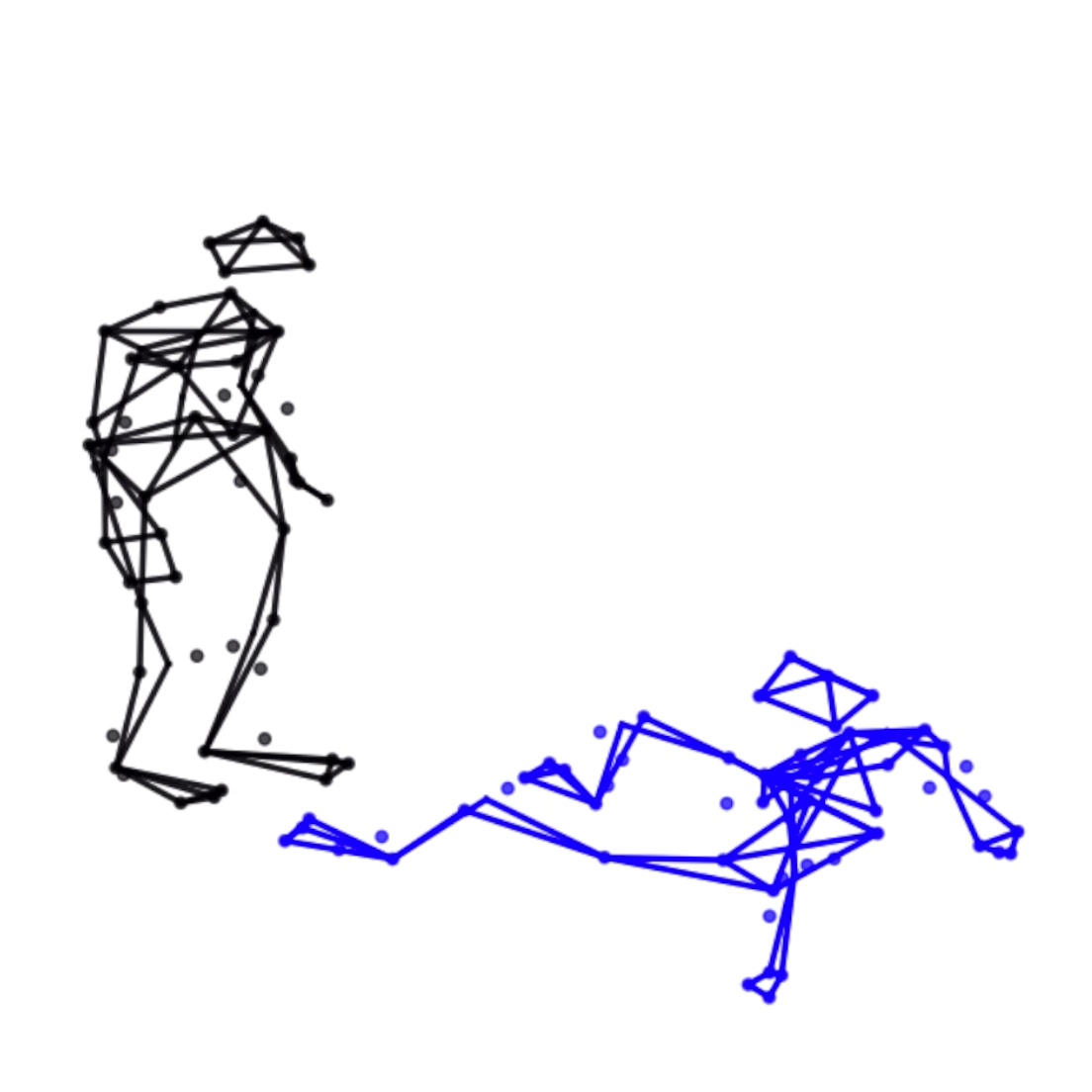 |
While AI is re-shaping many facets of life today, its impact on the arts has garnered a particular interest by the general public. AI-generated artistic outputs are growing increasingly sophisticated, but artists themselves are too often left out of the development process for such tools, yielding a stark societal divide between AI developers and the artists who inspire them. Moreover, dance as an artistic discipline has been historically overlooked and misunderstood by the AI community. The mission of this project is to put dancers and technologists directly in conversation to construct radical new tools for AI-enabled choreography that are both state-of-the-art and artist-led. |
List of proposals |
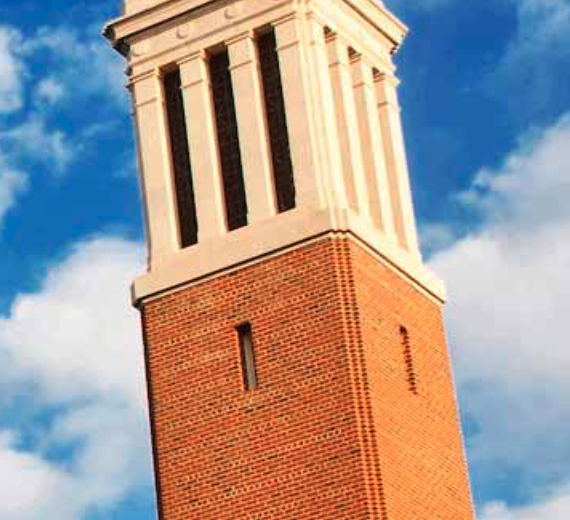 |
The Mission of the Institute for Social Science Research (ISSR) at the University of Alabama is to promote and support high-quality social science research across various disciplines. The ISSR aims to foster interdisciplinary collaboration, to provide resources and support for social science research, and to contribute to the advancement of knowledge and understanding of social phenomena. |
List of proposals |
 |
RenAIssance encompasses uses of optical character recognition necessary to digitize text sources that have not yet been targeted by existing tools. Its purpose is to find ways to apply machine learning techniques to make OCR possible on a variety of materials that have never been digitized before. |
List of proposals |
 |
In recent years the world has seen that effective and efficient modeling of global health epidemics is critically important. This project aims to develop an openly available tool which can rapidly model potential epidemics by using machine learning to determine the parameters of a SIR epidemic model. |
List of proposals |
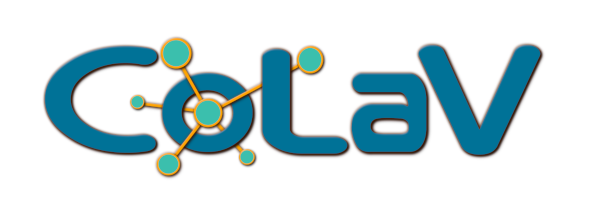 |
Colav (https://github.com/colav) is a colaboratory for the development of computational social sciences and digital humanities. Our main contributions are in the development of computational strategies to evaluate research and advance the knowledge of science, technology, and innovation dynamics. We do innovative research for the management of data processing, especially data related to the creation of scholarly, scientific, and technological knowledge, contribute to open science policies and strategies, and the development of research metrics and assessment tools. |
List of proposals |
Participating Organizations in 2024
 |
The University of Alabama is a public research university in Tuscaloosa, Alabama. Established in 1820, the University of Alabama is the oldest and largest of the public universities in Alabama as well as the flagship of the University of Alabama System |
List of proposals |
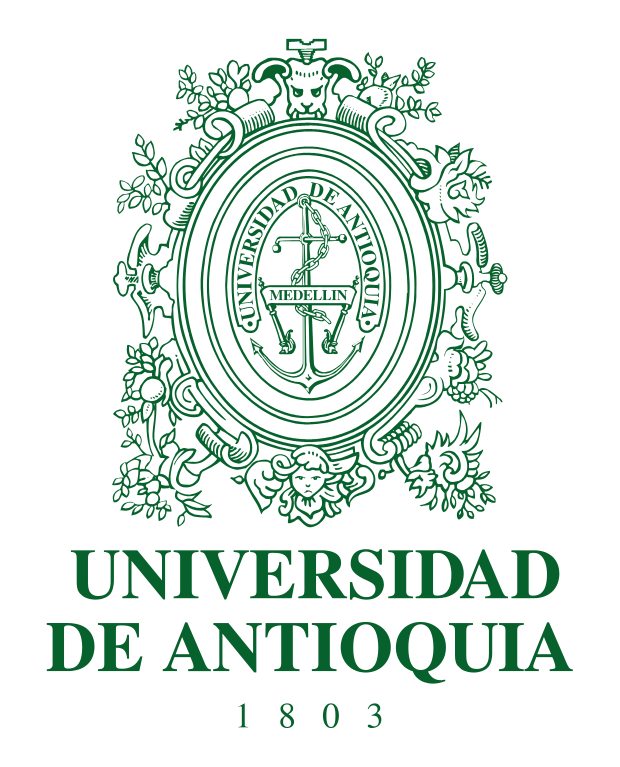 |
The University of Antioquia (Spanish: Universidad de Antioquia), also called UdeA, is a public, departmental, coeducational, research university located primarily in the city of Medellín, Antioquia. |
List of proposals |
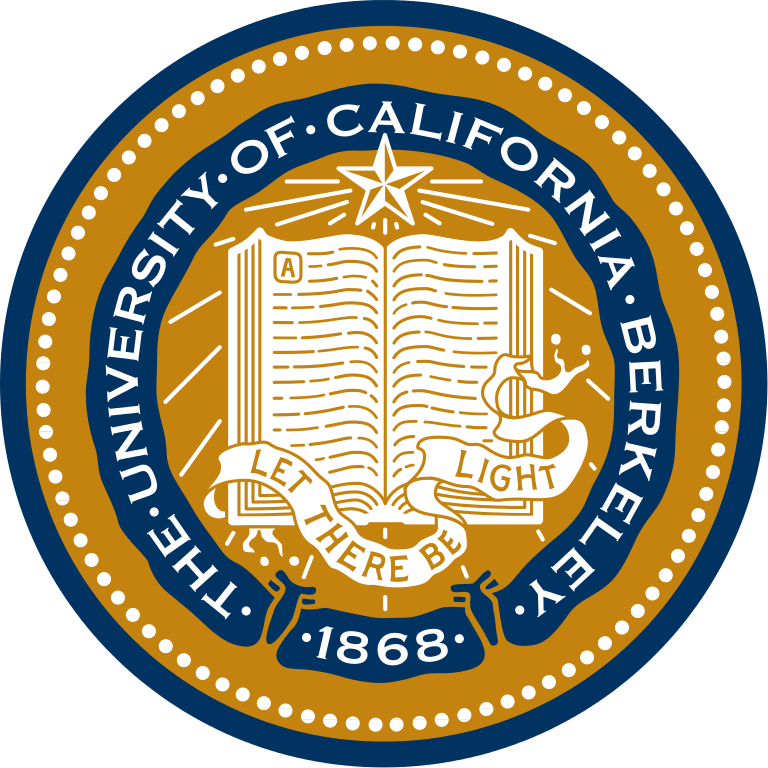 |
The University of California, Berkeley, is a public land-grant research university in Berkeley, California. It was established in 1868 and is the state’s first land-grant university and the founding campus of the University of California system. |
List of proposals |
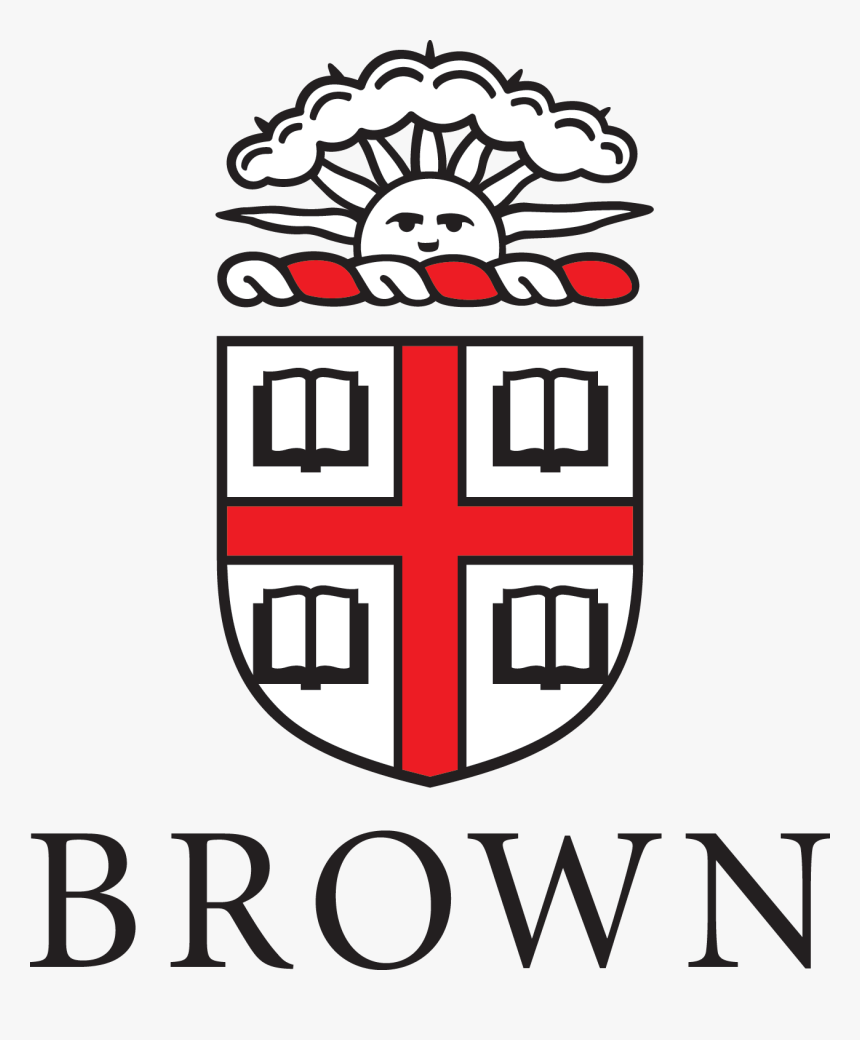 |
Brown University is a private Ivy League research university in Providence, Rhode Island, founded in 1764. |
List of proposals |
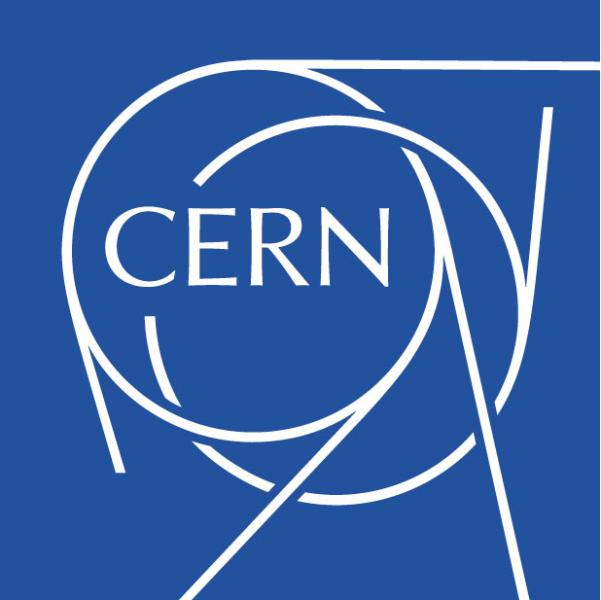 |
At CERN, the European Organization for Nuclear Research, physicists and engineers are probing the fundamental structure of the universe. They use the world’s largest and most complex scientific instruments to study the basic constituents of matter – the fundamental particles. |
List of proposals |
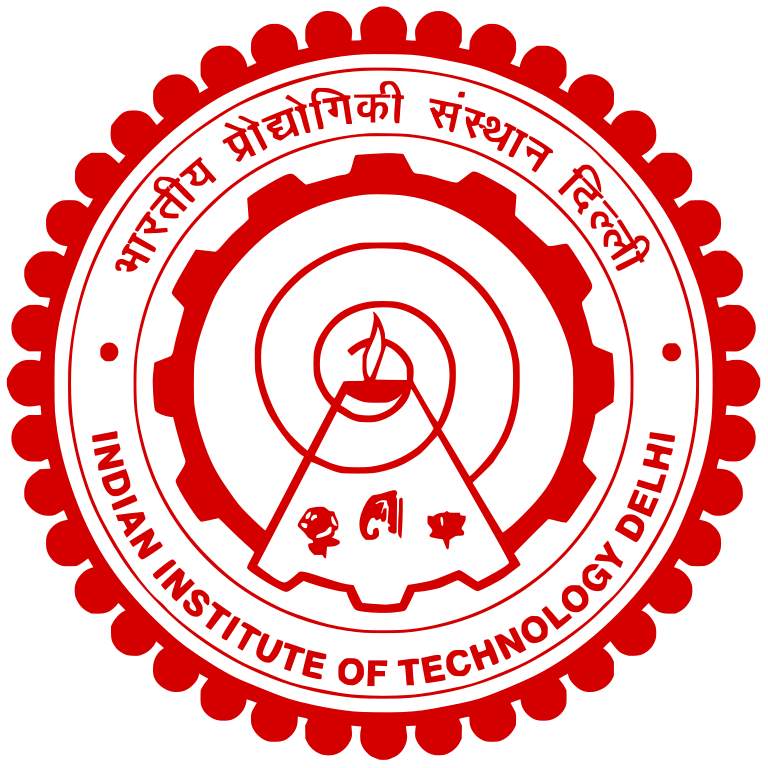 |
IIT Delhi, officially the Indian Institute of Technology Delhi, is a public institute of technology located in Delhi, India. It is one of the 23 Indian Institutes of Technology created to be Centre of Excellence for India’s training, research and development in science, engineering and technology. |
List of proposals |
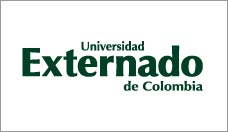 |
The Universidad Externado de Colombia (Externado University of Colombia) is a private university in Bogotá, Colombia. As well as being a member of the Unión de Universidades de América Latina, UDUAL, and the Asociación Internacional de Universidades, AIU., it is a founding member of the Asociación Colombiana de Universidades, ASCUN. |
List of proposals |
 |
Fermi National Accelerator Laboratory (Fermilab), located just outside Batavia, Illinois, near Chicago, is a United States Department of Energy national laboratory specializing in high-energy particle physics. |
List of proposals |
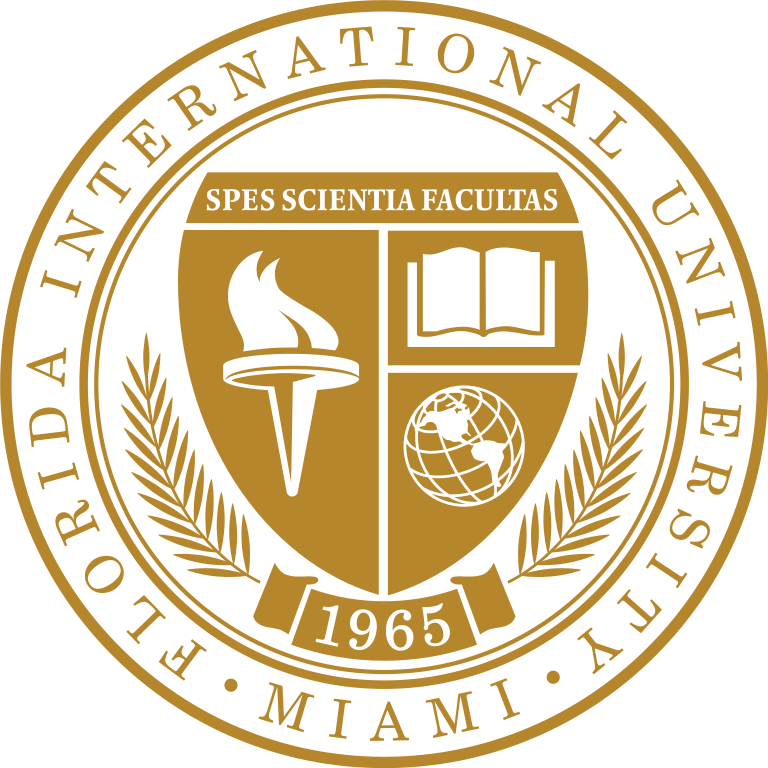 |
Florida International University (FIU) is a public research university with its main campus in University Park, Florida. Founded in 1965 by the Florida Legislature, the school opened its doors to students in 1972. FIU is a constituent part of the State University System of Florida. |
List of proposals |
 |
The Flatiron Institute is an American internal research division of the Simons Foundation, launched in 2016. The mission of the Flatiron Institute is to advance scientific research through computational methods, including data analysis, theory, modeling, and simulation. |
List of proposals |
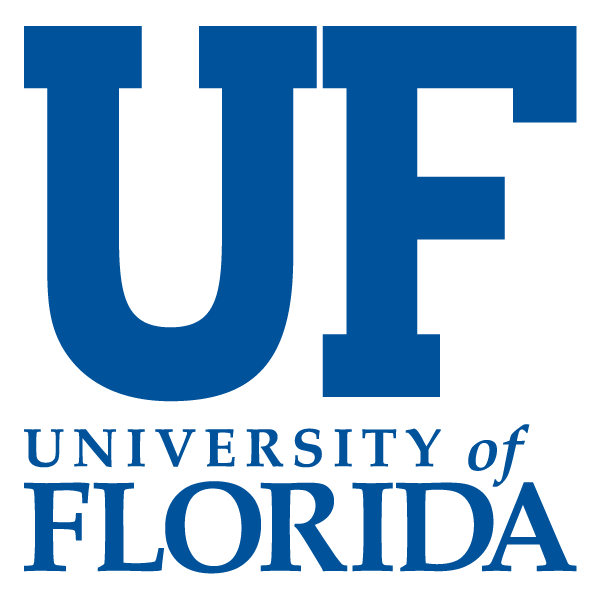 |
University of Florida is a public institution that was founded in 1853. |
List of proposals |
 |
Florida State University is a public institution that was founded in 1851. |
List of proposals |
 |
Google LLC is an American multinational technology company focusing on artificial intelligence, online advertising, search engine technology, cloud computing, computer software, quantum computing, e-commerce, and consumer electronics. |
List of proposals |
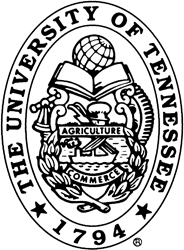 |
The University of Tennessee, Knoxville, (or The University of Tennessee; UT; UT Knoxville; or colloquially UTK or Tennessee) is a public land-grant research university in Knoxville, Tennessee, United States. Founded in 1794, two years before Tennessee became the 16th state, it is the flagship campus of the University of Tennessee system, with ten undergraduate colleges and eleven graduate colleges. |
List of proposals |
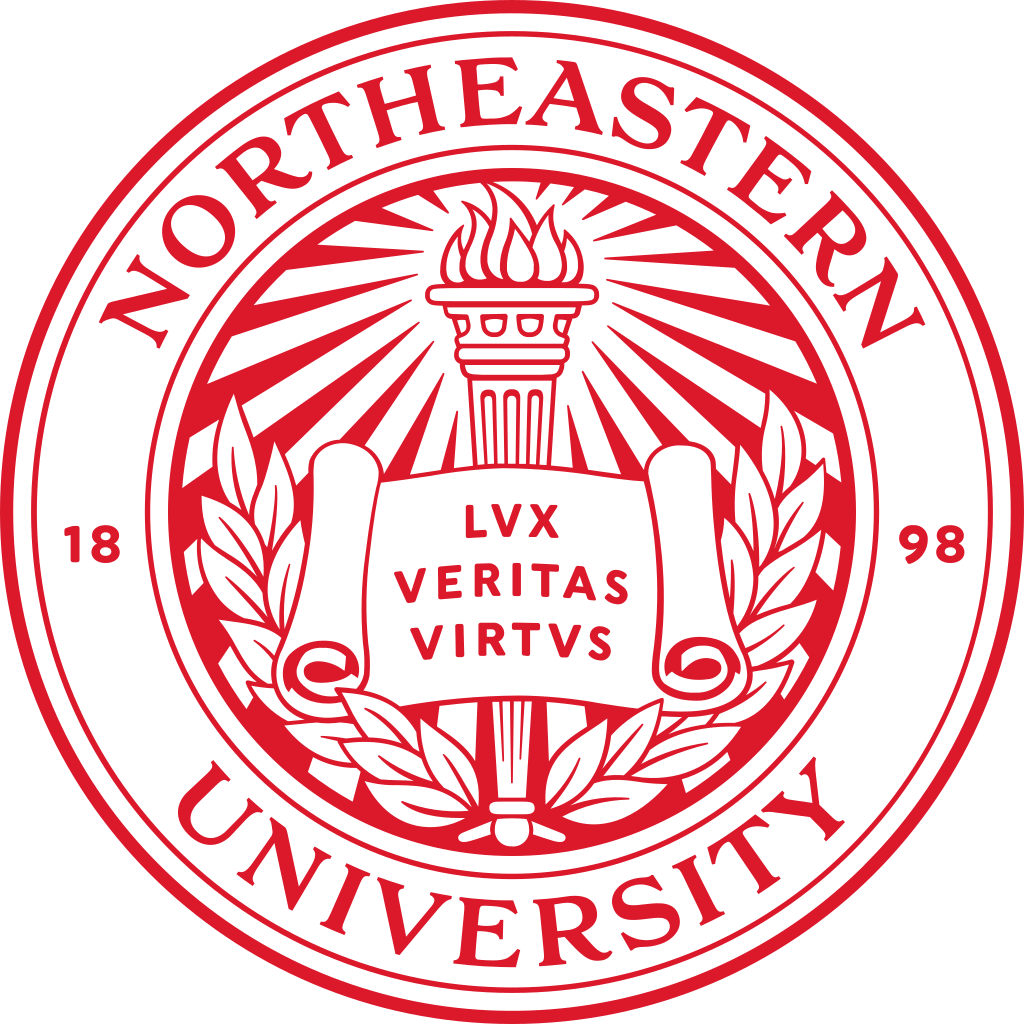 |
Northeastern University (NU or NEU) is a private research university with its main campus in Boston, Massachusetts. Established in 1898, it was founded by the Boston Young Men’s Christian Association as an all-male institute before being incorporated as Northeastern College in 1916, gaining university status in 1922. |
List of proposals |
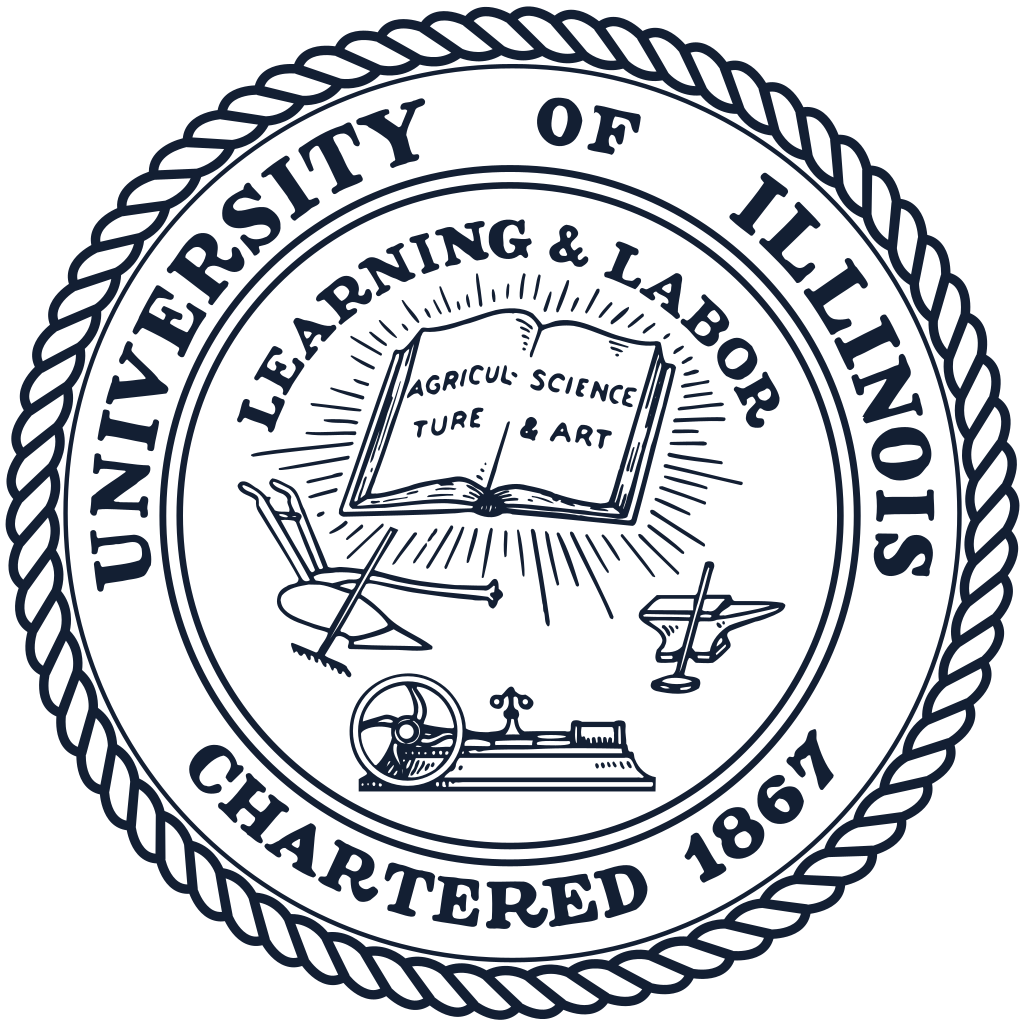 |
The University of Illinois Urbana-Champaign (U of I, Illinois, University of Illinois, or UIUC) is a public land-grant research university in Champaign and Urbana, Illinois. It is the flagship institution of the University of Illinois system and was established in 1867. |
List of proposals |
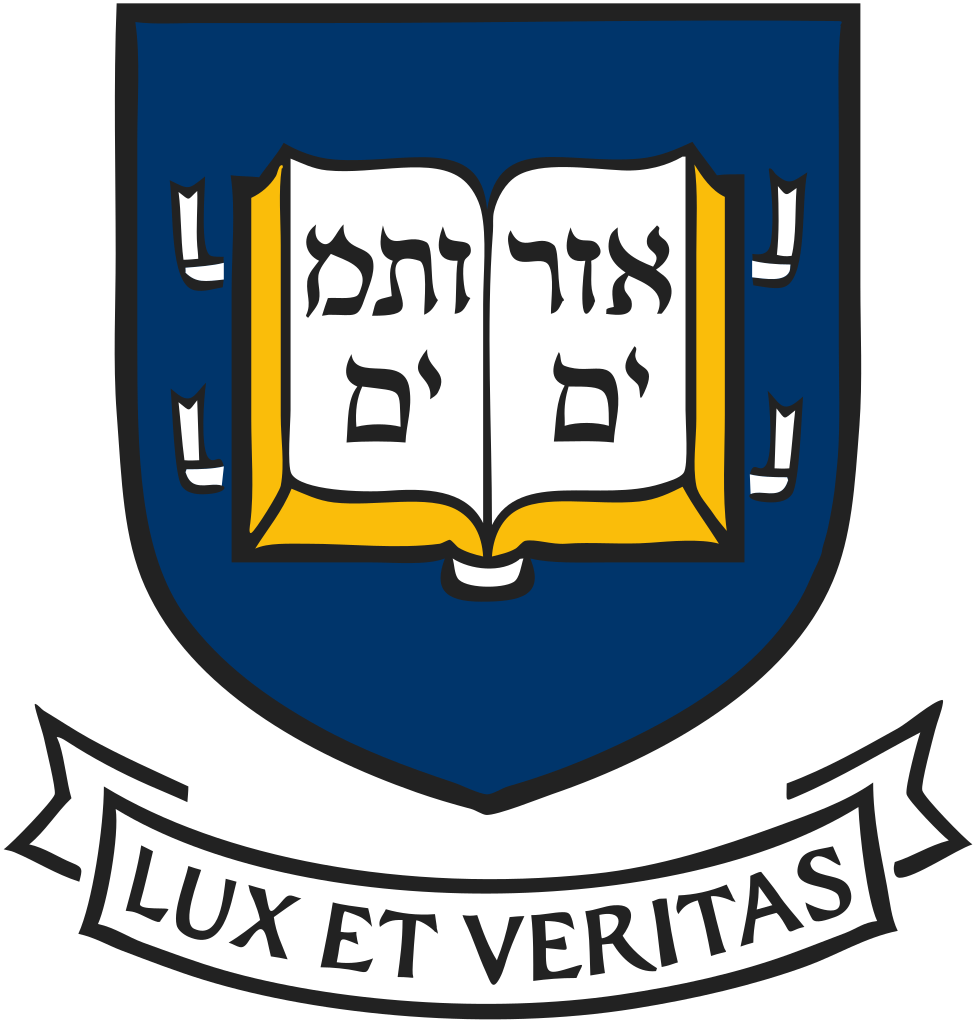 |
Yale University is a private Ivy League research university in New Haven, Connecticut. Founded in 1701, Yale is the third-oldest institution of higher education in the United States, and one of the nine colonial colleges chartered before the American Revolution. |
List of proposals |
Summary
Administrators
Prof. Sergei Gleyzer, AI
Prof. Xabier Granja, Modern Languages
Prof. Emanuele Usai, AI
Prof. Despina Stavrinos, Social Sciences, Psychology
Contacts
HumanAI GSoC Admins human-ai@cern.ch